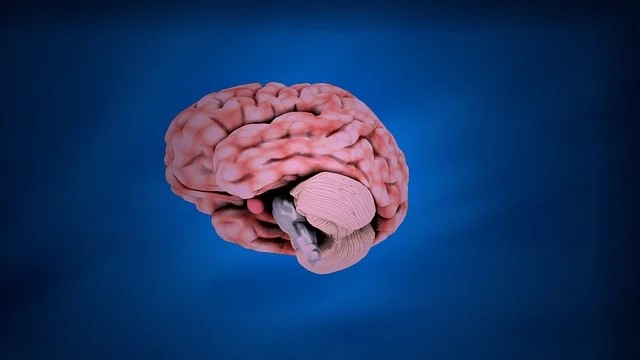Political Engagement and Public Health: Impact of Political Climate on Health Outcomes
Political engagement during the Trump administration negatively impacted public health, contributing to adverse health outcomes and exacerbating health disparities, highlighting the need for evidence-based policymaking and public health interventions to mitigate the detrimental effects of political decisions on population health.
September 2022

Stress Reduction in Atrial Fibrillation Management: Clinical Considerations
Stress plays a bidirectional role in atrial fibrillation (AFib), exacerbating AFib episodes and contributing to mental health problems in affected individuals, highlighting the importance of stress management strategies in comprehensive AFib care.
September 2022

Ambient Air Pollution and Psoriasis Outbreak: Environmental Risk Factors
Exposure to ambient air pollution is associated with an increased risk of psoriasis outbreak, particularly among vulnerable populations, highlighting the environmental determinants of inflammatory skin diseases and the importance of pollution control measures in public health interventions.
September 2022

Global Burden of Mental Illness: Emerging Recognition as Leading Causes of Disease
Mental disorders are increasingly recognized as leading causes of the global burden of disease, underscoring the importance of prioritizing mental health initiatives and interventions to address this growing public health challenge.
September 2022

Cataract Extraction and Dementia Risk Reduction: Clinical Observations
Older adults undergoing cataract extraction have a lower risk of developing dementia, highlighting the potential cognitive benefits of cataract surgery and supporting its role in preserving cognitive function in aging populations.
September 2022

Impact of Poverty Reduction on Children's Brain Activity: Neurodevelopmental Insights
Unconditional cash transfers to mothers living in poverty during their children's first year of life can lead to changes in babies' brain activity, highlighting the potential neurodevelopmental benefits of poverty reduction interventions in early childhood.
September 2022

Generalized Anxiety Disorder and Autonomic Dysfunction: Neurobiological Associations
Generalized anxiety disorder is associated with autonomic hypersensitivity and hypoactivity of the ventromedial prefrontal cortex during peripheral adrenergic stimulation, underscoring the neurobiological basis of anxiety-related autonomic dysfunction and its implications for the pathophysiology of anxiety disorders.
September 2022

Epstein-Barr Virus Associated with Multiple Sclerosis: Immunological Insights
Epstein-Barr virus infection is associated with multiple sclerosis, a progressive autoimmune disease characterized by central nervous system demyelination, highlighting the complex interplay between viral infections and immune dysregulation in the pathogenesis of MS.
September 2022

Cardiovascular Risk Factors and Cognitive Decline: Insights from Middle-Aged Adults
Cardiovascular risk factors are associated with decreased memory and cognitive function in middle age, highlighting the importance of cardiovascular health promotion in mitigating cognitive decline and dementia risk later in life.
September 2022

Dental Caries as a Non-Communicable Disease: Pathophysiological Insights
Advances in understanding the human and oral microbiome have led to recognition of dental caries as a non-communicable disease, emphasizing the importance of balancing protective and pathological risk factors in maintaining oral health and preventing dental caries.
September 2022















